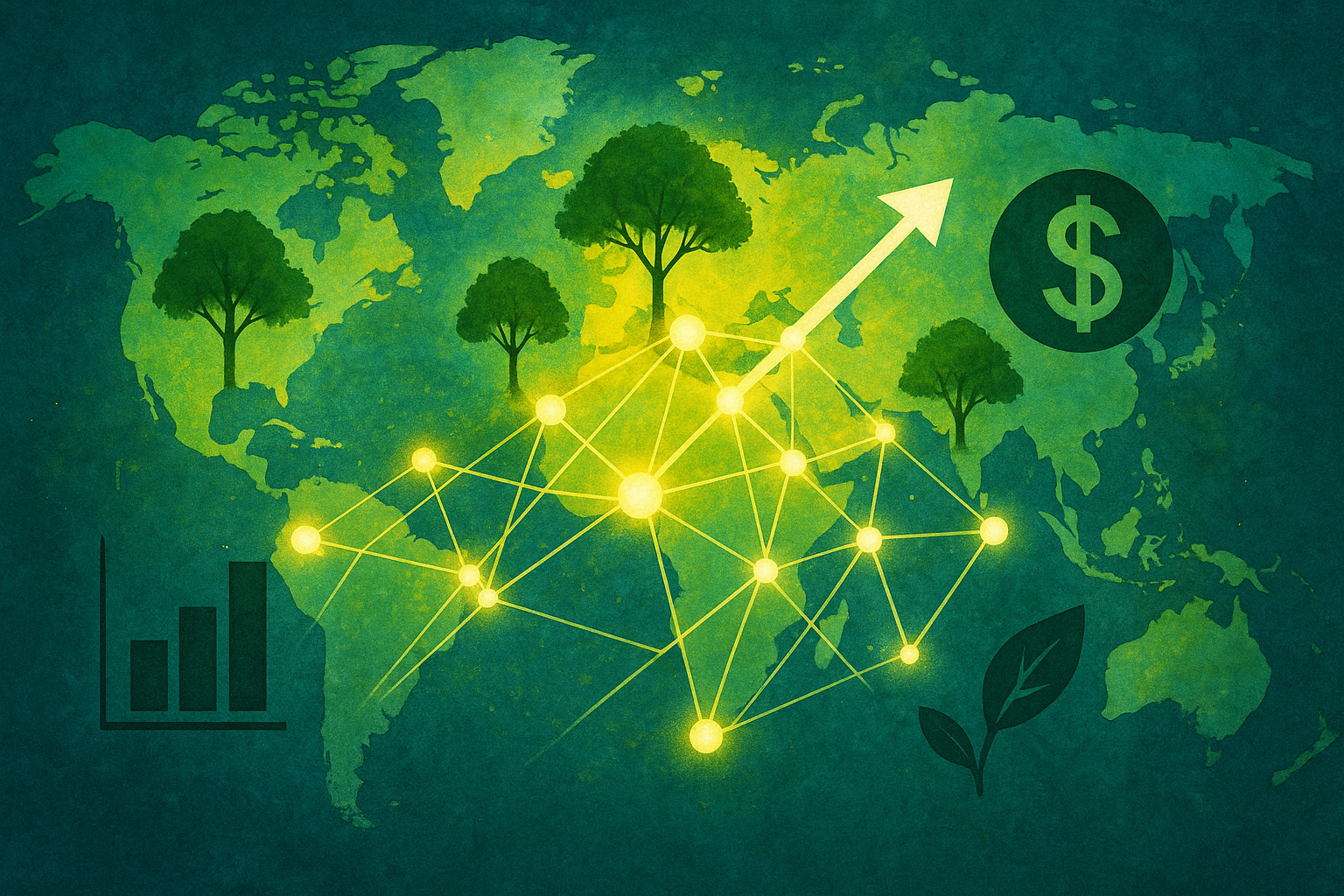JPMorgan and Microsoft Just Bet $210 Million on Trees—And It Could Radically Reshape Climate Investing Forever

In a move that’s turning heads in both Silicon Valley and Wall Street, a landmark financial deal has just been sealed, and its implications for climate action are staggering. Banking titan JPMorgan Chase has fronted a colossal $210 million carbon loan to Chestnut Carbon, a U.S. firm dedicated to a surprisingly old-school solution: planting trees.
But this isn't your typical green investment. What makes this deal a potential game-changer is the powerhouse partnership behind it. Tech giant Microsoft has stepped in as a crucial player, committing to purchase a large volume of the high-quality carbon removal credits that Chestnut's new forests will generate. This powerful one-two punch from a leading global bank and a corporate behemoth is being hailed as a breakthrough moment for climate finance.
For years, nature-based solutions like afforestation have struggled to attract large-scale institutional funding. They were often seen as too risky or long-term. This deal shatters that perception. By securing a major buyer like Microsoft upfront, the project's future revenue is guaranteed, making it a bankable, profitable asset. It’s a powerful signal that the market for carbon removal has finally matured, transforming it from a niche environmental concern into a legitimate asset class.
"This is a fundamental shift in how we finance climate action," one analyst noted. The innovative structure was brought together through a strategic partnership between JPMorgan’s own Climate Finance and Advisory team, Chestnut Carbon, and the environmental consulting firm ERM, which helped validate the project's integrity.
The confidence in this model is widespread. The financing wasn't a solo act by JPMorgan; other major lenders, including CoBank, Bank of Montreal, and East West Bank, have also joined the syndicate, underscoring the deal's credibility and robust structure.
This $210 million transaction does more than just fund a single project; it creates a blueprint. It demonstrates how corporate demand for verifiable carbon removal can unlock billions in private capital needed to fund large-scale nature restoration. As corporations race to meet their net-zero targets, this pioneering deal between JPMorgan and Microsoft may have just paved the way for a new, and far more powerful, era of climate investment.


